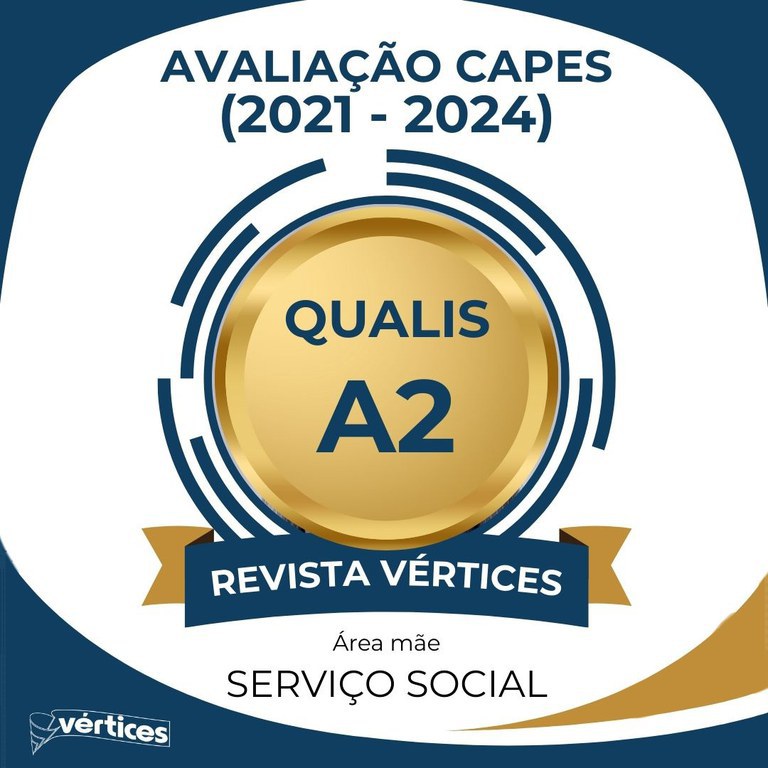Graphic Design and productive restructuring of the economy : a study of technological and esthetic standardization in the academic educationof a technologist at CEFET Campos
Keywords:
Graphic Design, Labor and education, Professional education, Technology, Aesthetics, Post-modernismAbstract
The theme discussed in this dissertation for the Master’s Program in Education at Universidade Federal Fluminense is the relation between Design and technological and aesthetics standardization in Post-Modernity. Considering the changes observed in the 1990´s, driven by the reshaping of the economy which led to changes in the knowledge and aesthetic basis in the Design field, we made a critical analysis of the historical matrices and current directives for the professional education of technologists in Graphic Design in Brazil, more specifically at CEFET Campos, investigating the consequences for the aesthetic and cultural education of the students. Discussion starts with a theoretical vision of Design under the capitalist mode of production, taking into account its situation and structure, from the historical analysis in the first industrial revolution, investigating its origins and characterizing Modernism Design. Aesthetics was studied from a Marxist perspective, aiming at the comprehension of the materialization of the aesthetic object into a product. We analyzed, under the theoretical-methodological references, the aesthetic-cultural references gathered through field research with educational managers, teachers and students of the Graphic Design course at CEFET Campos, aiming at the construction of a discussion corpus about the use of handcraft drawing in the educational process of the student/ professional designer.Downloads
Downloads
Issue
Section
License
The authors of the manuscript submitted to Vértices, hereby represented by the corresponding author, agree to the following terms:
The authors retain the copyright and grant Vértices the right of first publication.
At the same time the work is licensed under the Creative Commons Attribution 4.0 International License, allowing third parties to copy and redistribute the material in any medium or format and to remix, transform, and build upon its content for any legal purpose, even commercially, provided the original work is properly cited.
Authors will not receive any material reward for the manuscript and Essentia Editora will make it available online in Open Access mode, through its own system or other databases.
Authors are authorized to enter into additional contracts separately for non-exclusive distribution of the version of the work published in Vértices (eg, publish in institutional repository or as book chapter), with acknowledgment of authorship and initial publication in this journal.
Authors are permitted and encouraged to disseminate and distribute the post-print (ie final draft post-refereeing) or publisher's version/PDF at online information sources (eg, in institutional repositories or on their personal page) at any time after the first publication of the article by Vértices.
Essentia Editora may make normative, orthographic and grammatical changes in the originals in order to maintain the standard language, with the final consent of the authors.
The content and opinions expressed in the manuscript are the sole responsibility of the author (s).




















1.png)



